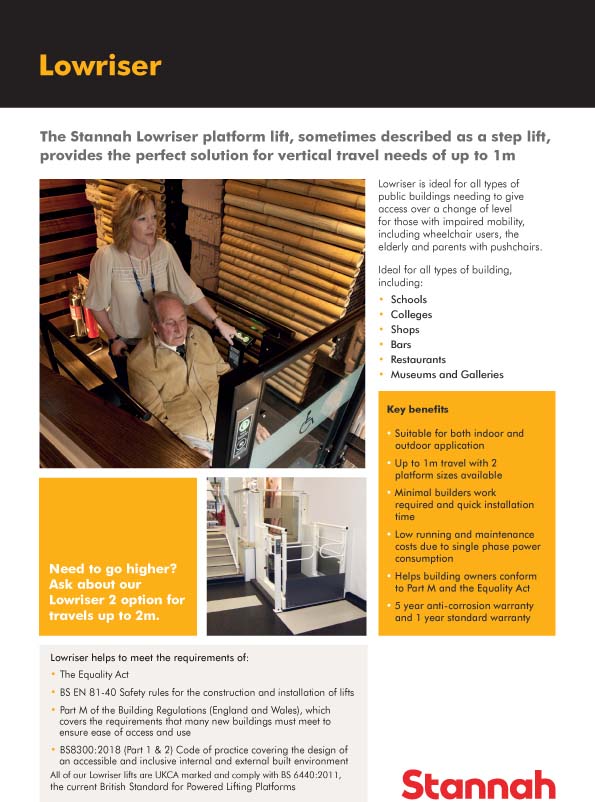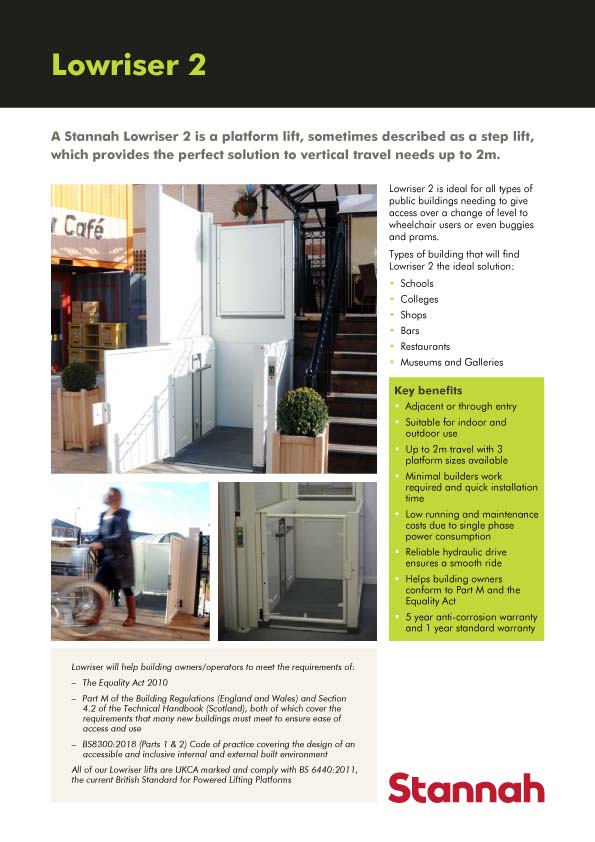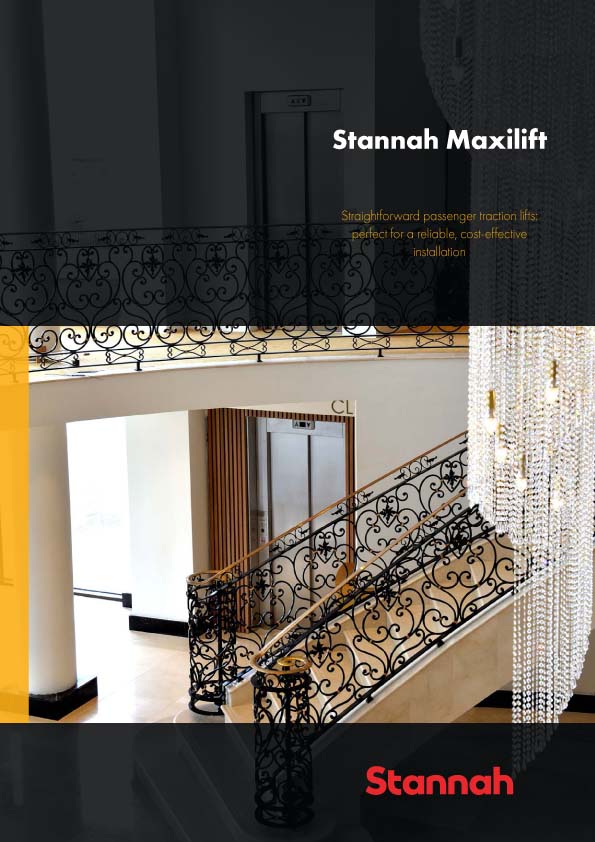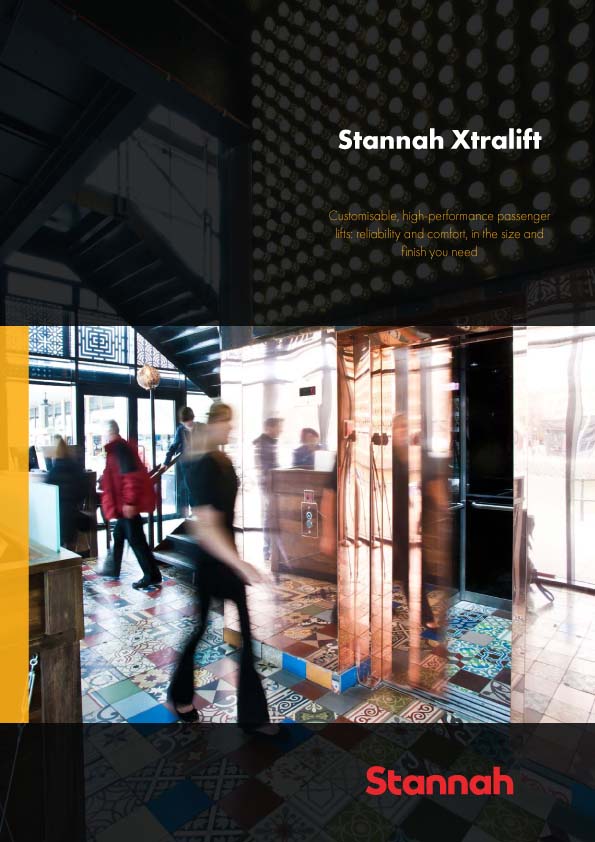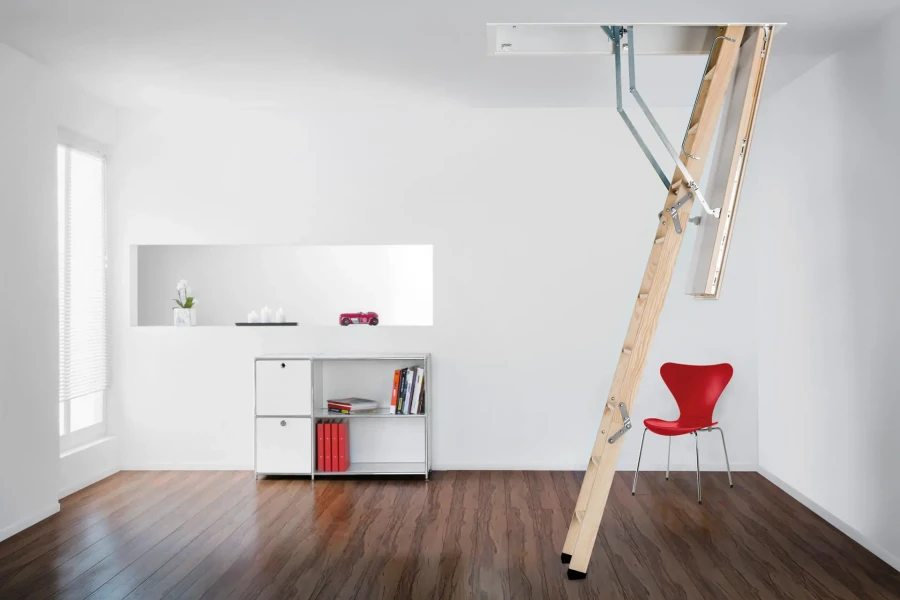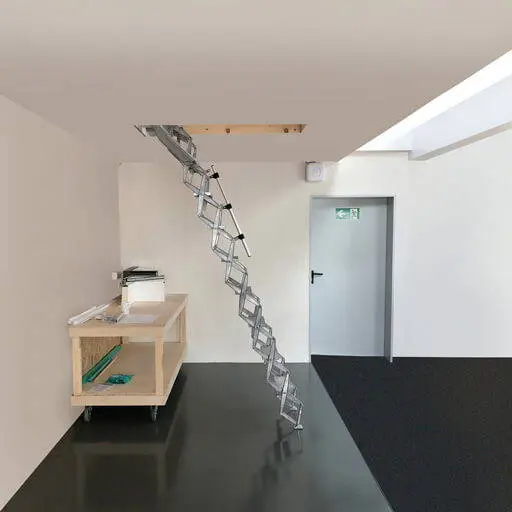Mark Worcester, Director at Turley
The worldwide respect for UK universities is supporting the on-going regeneration of town and city centres across the UK and influencing the evolution of the purpose built student accommodation (PBSA) sector.
The UK is one of the pre-eminent destinations for prospective university students from across Europe and around the world, and the particular accommodation requirements of international students are having a big impact on the type and location of ‘product’ being delivered to the market.
Prior to the emergence of premium PBSA product, parents of international students were willing to rent one-and-two-bedroom flats in private rental sector developments. They saw this as an investment that ensured their child had access to high-quality accommodation in central locations and benefitted from amenities such as gyms, communal areas and concierge services.
While this remains the case, established PBSA providers (such as Vita, iQ and Unite) have responded to the changing nature of demand. The flats many students live in today are a world apart from the halls many will be familiar with from their student days even 10 years ago.
Developments themselves now focus on the sort of lifestyle they can provide students. However, while amenities like gyms, cinemas and swimming pools are the hallmark of the private rental market, the most successful features offered to students are communal study rooms and areas to relax with friends. Over time, I’d expect to see operators placing more emphasis on facilities which promote well-being and good mental health; with the level and type of pastoral care being as important as the fixtures and fittings.

However, not all students can afford a premium accommodation product but still wish to live in modern, well designed and centrally-located developments. As such, more affordable models of provision, such as shared flats without en-suite bathrooms, are beginning to emerge. Developments that are able to offer accommodation at a variety of price points are those most likely to succeed.
One of the key factors in the evolution of the sector is that both domestic and international students want to live close to academic buildings and in city centres, with the easy access to amenities, cultural attractions and nightlife this brings. They also want to be close to transport links; airport access in particular is important for international students.
This change in where students want to live may mean that the traditional suburban ‘student area’ becomes a thing of the past. As well as helping to regenerate our city centres, this shift can also help local authorities meet their housing needs, as large homes once again become available for occupation by families, as was originally intended. And as the purpose-built accommodation sector becomes increasingly popular; more students are seeing the benefits of modern accommodation over the traditional terraced house.
This, in turn, is beginning to fuel the rise of “co-living” developments which offer a similar communal living experience to PBSA, but are targeted at groups such as recent graduates, young urban professionals and those who may be new to a city. These groups have ‘grown up’ in PBSA and see the prospect of renting a bedroom in a shared house in a suburban location as a step down.
For example, The Collective has recently started delivering these types of developments in London – and iQ is currently delivering the first co-living scheme in Manchester. For some PBSA operators, the development of a co-living “product” for post-student life represents a logical next step, allowing them to retain more custom for longer.
Regardless of the specific type of scheme, there’s active demand for PBSA and co-living. This shows no sign of slowing as UK universities continue to outperform international peers, and cities such as Manchester retain more of their best graduates. Unlike the private housing market, where success can be predicated on being the first to the finish line in buying land and building a scheme, this sector is all about the proposition and offer to customers. The savviest developers won’t just look at what others are doing. Identifying the future needs of students is what will drive returns.










